Blog
Press Release: January 10, 2025
Friday Field Notes
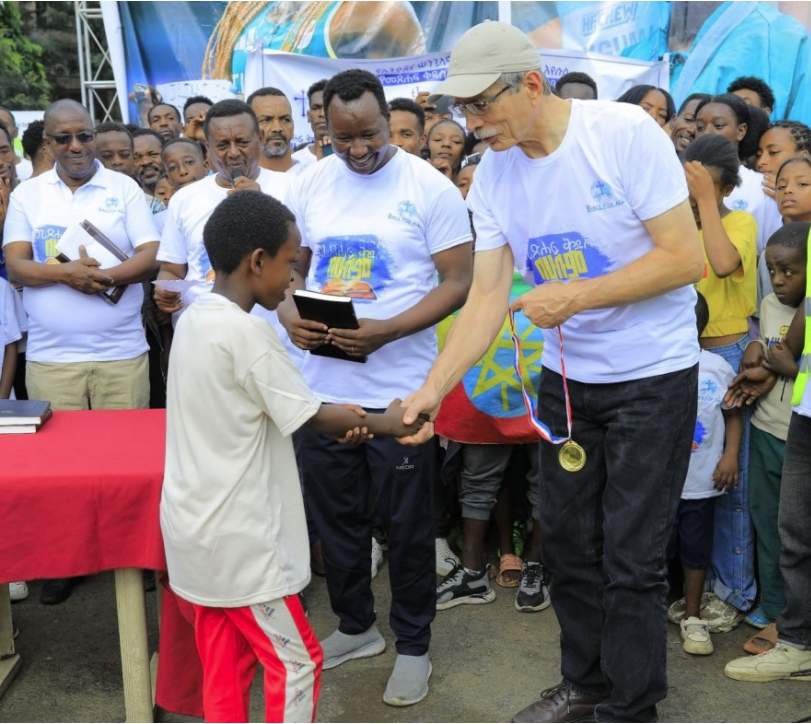
Check out the latest updates from our missionaries!
LOCKS OPENING – Rev. Dr. Tim and Lisa Beckendorf
These experiences led me to think of how people without the Bible in their language must feel. They are locked out of experiencing the beauty of God’s Word by languages that they don’t know or don’t know well enough to read and understand Scripture. Often the language of the Bible is in a language of people who have oppressed them for ages which creates another barrier, a social barrier.
I am exceedingly thankful that I’ve never been locked out of God’s Word and that I have the privilege of working in Bible translation. Similar to a locksmith, translators have special tools that they use such as software, all kinds of exegetical and translation reference books and lots of training. However, even with all of these well-designed tools, creativity is needed when the available tools/keys are inadequate. Thoughtful and artistic minds are also necessary to do the job well. I am deeply honored to work with thoughtful/innovative translators who are passionate about unlocking God’s Word for their people.
Please join me in giving thanks for Splash, Moronga, Thapelo, Motswasele, Nicolus, Daniel, Kelvin, Simon, Mr. Kamara and Thomas. Please pray that they will have all they need to successfully carry out their work of translating the Bible into their respective languages.
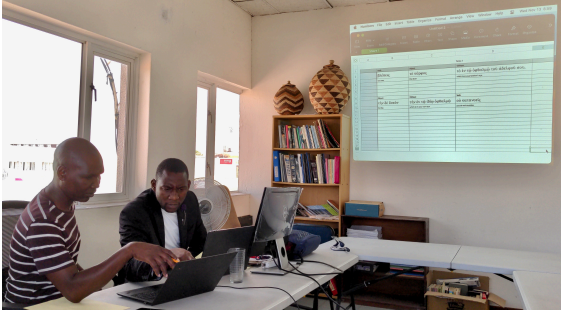
NEW LEADERSHIP – Dr. Becky Grossmann
In November 2024, Linus Otronyi became the new Regional Director for West Africa He is my new boss, so I want to introduce him to all of you as part of our team working in Liberia and Sierra Leone. I met Linus a few years back and we studied for several weeks together in Israel. Linus is an ordained pastor with the Lutheran Church of Nigeria and International Associate with Lutheran Bible Translators.
Linus grew up in the rural village of Iboko, Cross River state where the late Rev Dr. Morris and Lois Watkin lived. The Watkins were the founders of Lutheran Bible Translators back in 1964. He was born about the time the New Testament in his language Yala was completed and dedicated. Being the first born in a polygamous and uneducated family made life difficult growing up. Linus grew up sleeping on a bed made of palm fronds and eating three times a day was difficult to manage. Getting through primary and secondary school was very challenging. Education is not free and often his family could not pay the tuition fees on time. When the fees were not paid, he would spend time helping his family out on the small family farm. Even when he was attending, he often went to the farm after school hours so he could get food to eat walking an hour or more each way.
As a child, he attended church services mostly in the Lutheran church which was the only church then in the village. He never understood anything or what being a Christian meant, partly because the lay preacher was not serious about his work. This preacher would often come to church late and unprepared after returning from his farm. Also, Linus’ parents and others could not exemplify their faith, if they had any.
He learned how to read in English while in secondary school and joined the school fellowship. He would help to lead school devotions. Since there were less than four people in the village who could read well, he became a popular writer and reader of letters for many families.
He started helping in the church to teach children, lead in church worship, and preach. Since ninety-nine percent of the members were non-literate members, everything was done in the mother tongue Yala. He learned how to read in Yala so that he could read from the Yala New Testament directly. It was when he started reading the Yala NT in the church and for himself and others that he began to understand the message of the Bible and what it means to be Jesus’ follower…
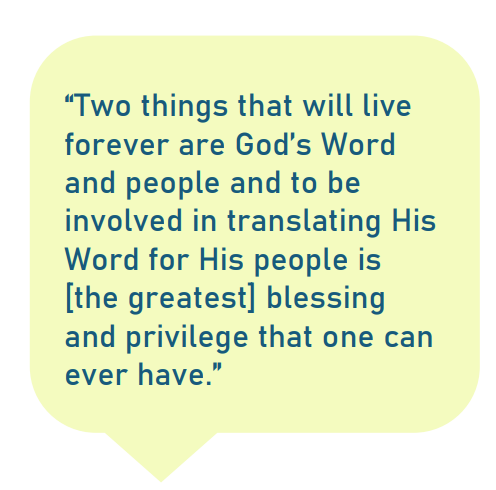
GRAMMAR AND TRANSLATION – Dr. Jim and Susan Kaiser
Each language has its own unique grammar. Sometimes there are similarities with another language, but often there are differences that can cause confusion during translation. One area where this is true is in how grammatical forms relate to meaning. The same grammatical form in a language can be used to show different meanings. For example, in English, the grammatical form with followed by a noun can be used to show a number of different meanings:
• I eat cake with my fork. (I use a fork to eat my cake).
• I eat cake with my wife. (I and my wife together eat cake).
• I eat cake with ice cream. (I eat cake and ice cream together).
• I eat cake with classical music. (I listen to music while I eat my cake).
People whose first language is not English may not recognize all of these possible meanings and may misunderstand a statement in English. In 1 Chronicles 15:15, the ESV says, “The Levites carried the ark of God on their shoulders with the poles.” One team misunderstood this to mean, “The Levites carried the ark of God on their shoulders, and they carried the poles on their shoulders.” This was revised to, “The Levites carried the ark of God on their shoulders using the poles.” In 1 Chronicles 25:1, the ESV says, “…who prophesied with lyres, with harps, and with cymbals.” The team understood this as, “…who used lyres, harps, and cymbals to prophesy.” Here this is best understood as, “… who prophesied while being accompanied by lyres, harps, and cymbals.”
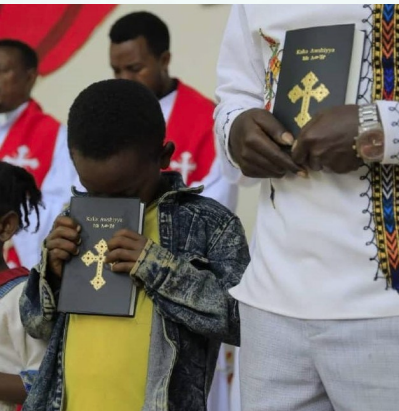
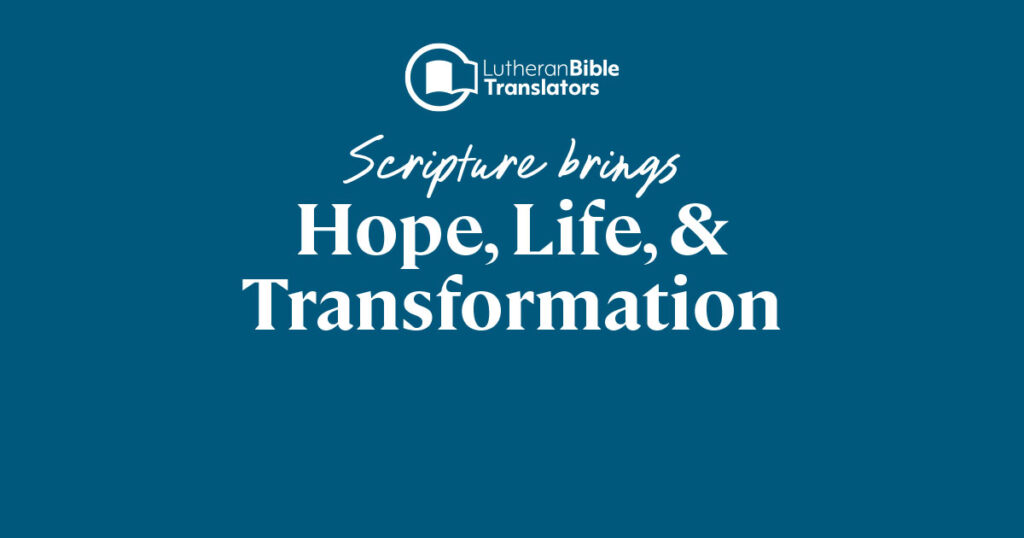

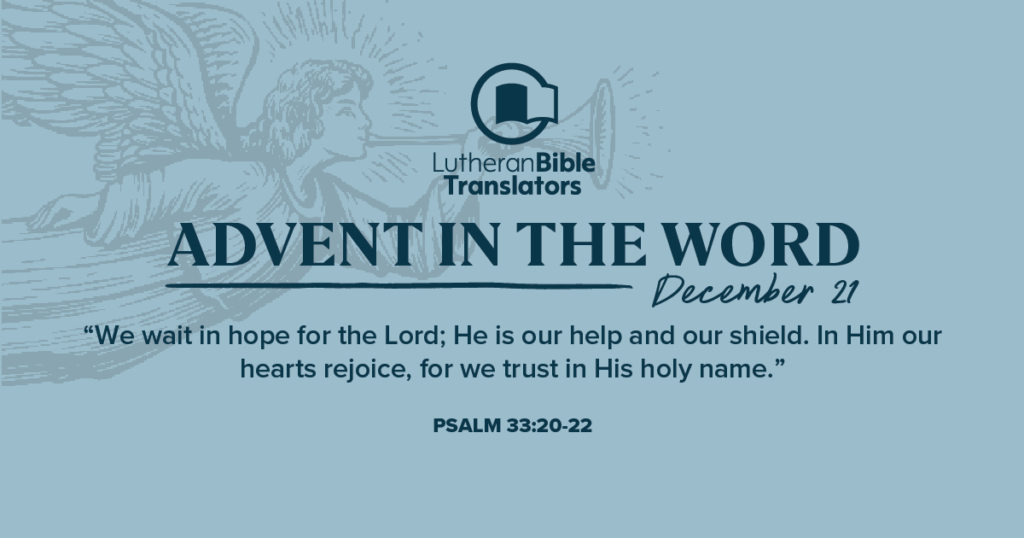
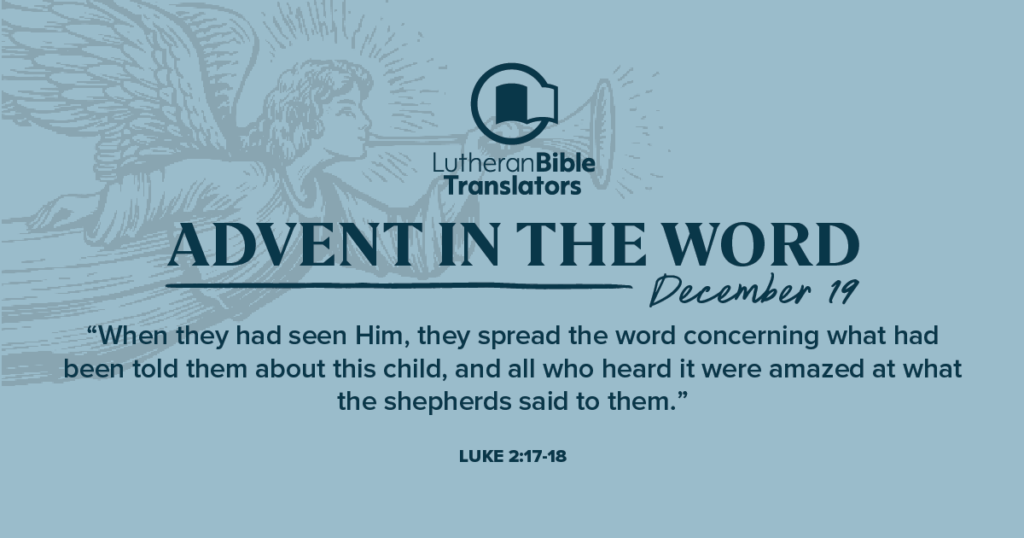
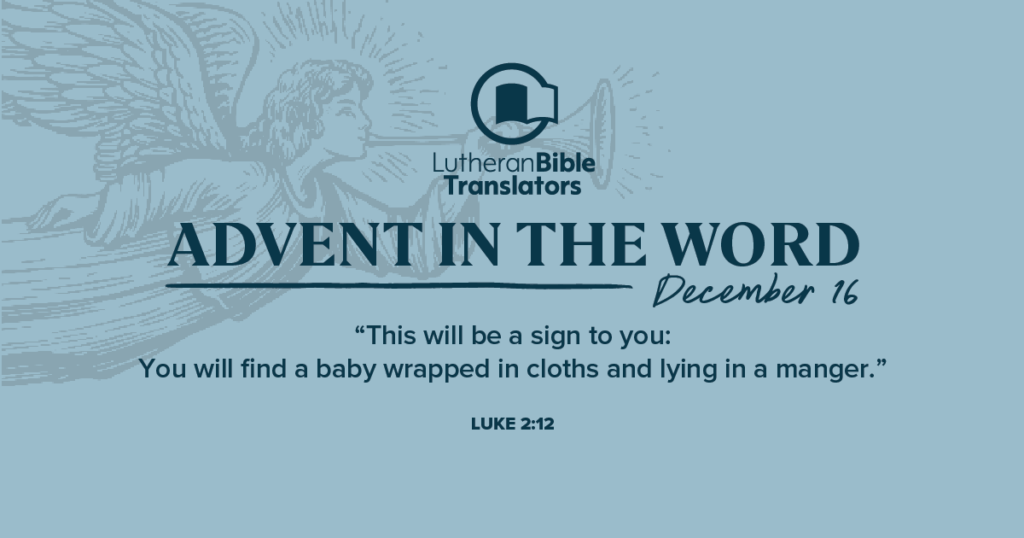
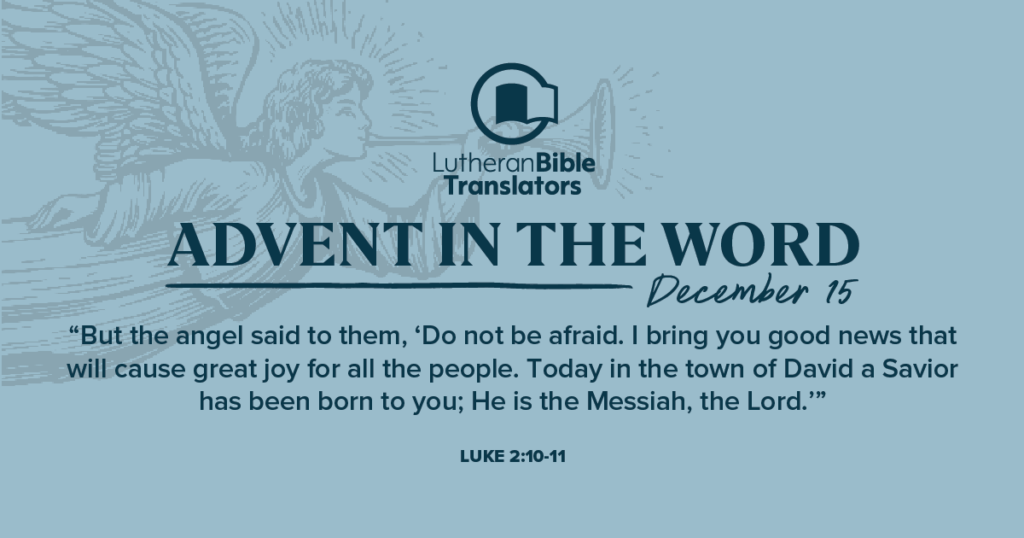
Leave a Reply
You must be logged in to post a comment.